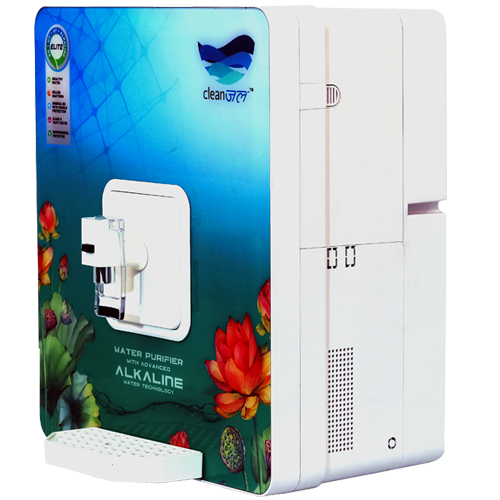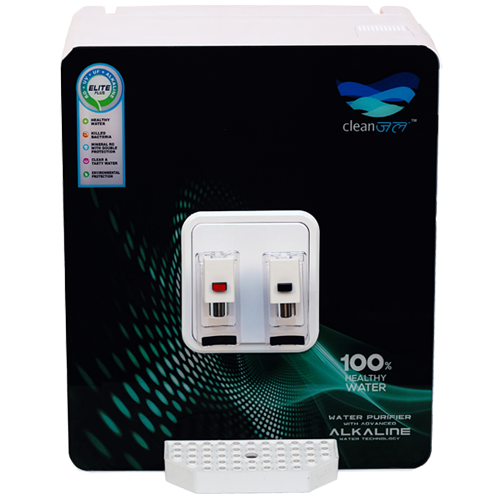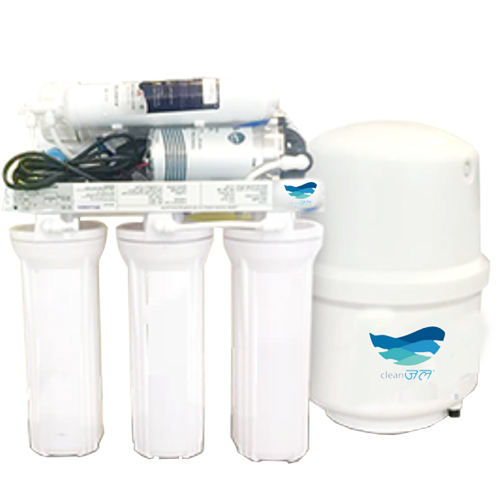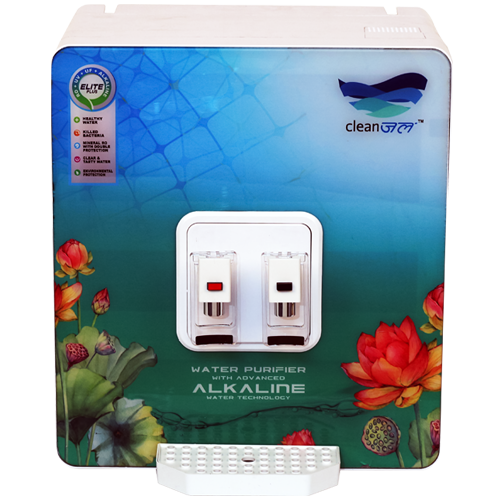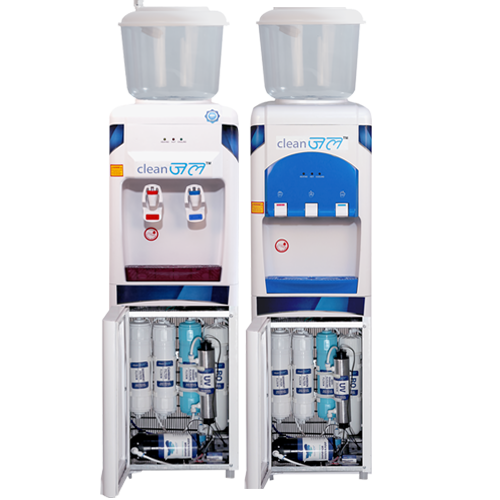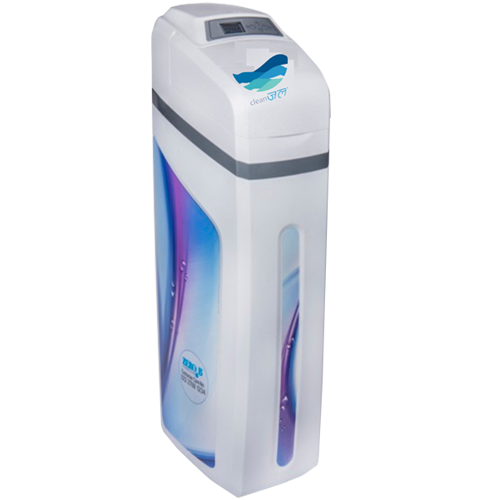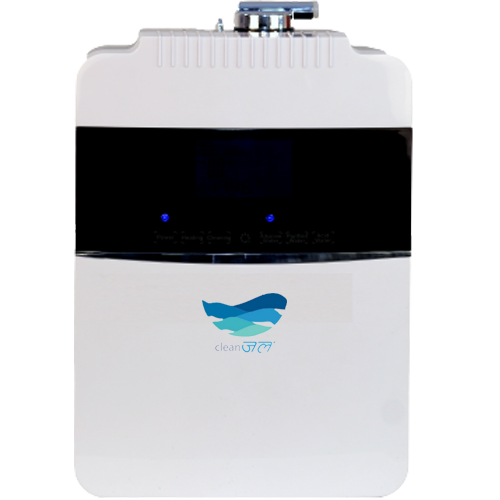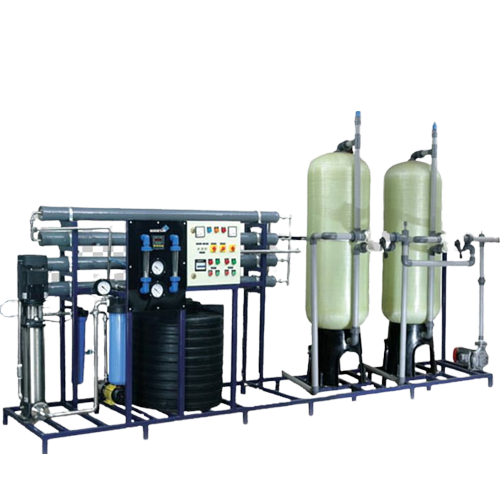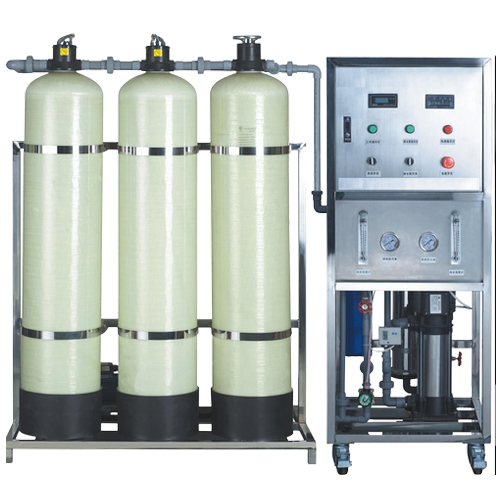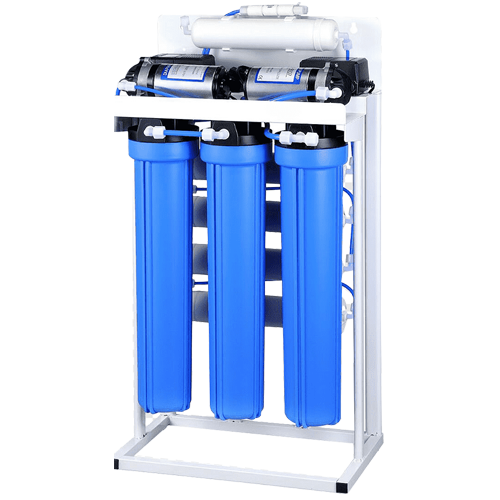How accurate is a TDS meter in indicating water quality?
A TDS meter is a tool used to measure the total dissolved solids in water. The accuracy of a TDS meter can be affected by several factors, including the quality of the meter itself, the type of water being tested, and the temperature of the water. While TDS meters are not always 100% accurate, they can give you a good idea of the overall quality of your water.
If you’re concerned about the quality of your water, it’s important to test it regularly with a TDS meter. This will help you keep an eye on any changes in water quality and take action accordingly. Remember, even if your TDS meter isn’t perfectly accurate, it’s still a valuable tool for monitoring water quality.
There is no easy answer to the question of how accurate a TDS meter is in indicating water quality. This is because several factors can affect the accuracy of the readings. For example, if the meter is not calibrated correctly, it may give inaccurate readings. Additionally, the type of TDS meter being used can also affect accuracy. Some meters are more accurate than others.
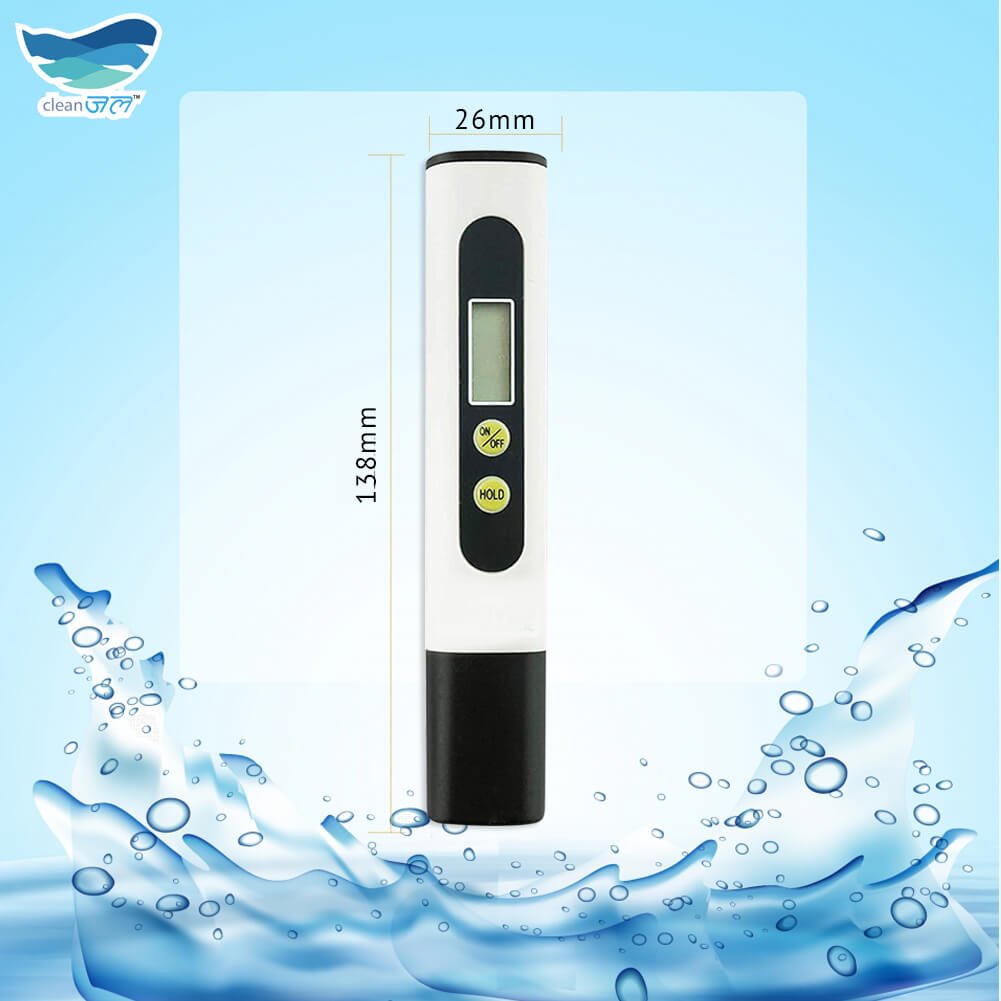

In general, however, TDS meters are quite accurate when it comes to measuring water quality. This is because they are designed to measure the total dissolved solids in water, which is a good indicator of water quality. Additionally, most TDS meters go through rigorous testing before they are sold to ensure that they are accurate.
A TDS meter is a device that measures the total dissolved solids in water. It is often used to indicate water quality, as higher levels of dissolved solids can make water taste bitter or salty. However, how accurate is a TDS meter in actually indicating water quality?
There are a few factors that can affect the accuracy of a TDS meter. First, the device itself may not be calibrated correctly. Second, the water sample may not be representative of the entire batch of water being tested. Third, dissolved solids can vary depending on temperature and pressure, so readings may not be accurate if these conditions are not ideal.
Overall, a TDS meter can be a helpful tool in indicating water quality, but it is important to keep in mind that there are potential sources of error that could impact the accuracy of the reading.
How accurate is a TDS meter in indicating water quality? This is a question that has been debated for years by scientists and water enthusiasts alike. The answer, unfortunately, is not as simple as one might hope. While TDS meters are generally quite accurate in terms of measuring the total dissolved solids in a sample of water, they are not always reliable when it comes to determining the specific composition of those solids. This can be problematic when trying to assess the overall quality of the water, as certain dissolved solids can be more harmful than others.
Several factors can affect the accuracy of TDS meters, including the type of meter being used, the quality of the sensor, and the specific composition of the water being tested. In general, however, TDS meters are considered to be reasonably accurate devices that can give you a good idea of the overall dissolved solid content of a sample of water.


